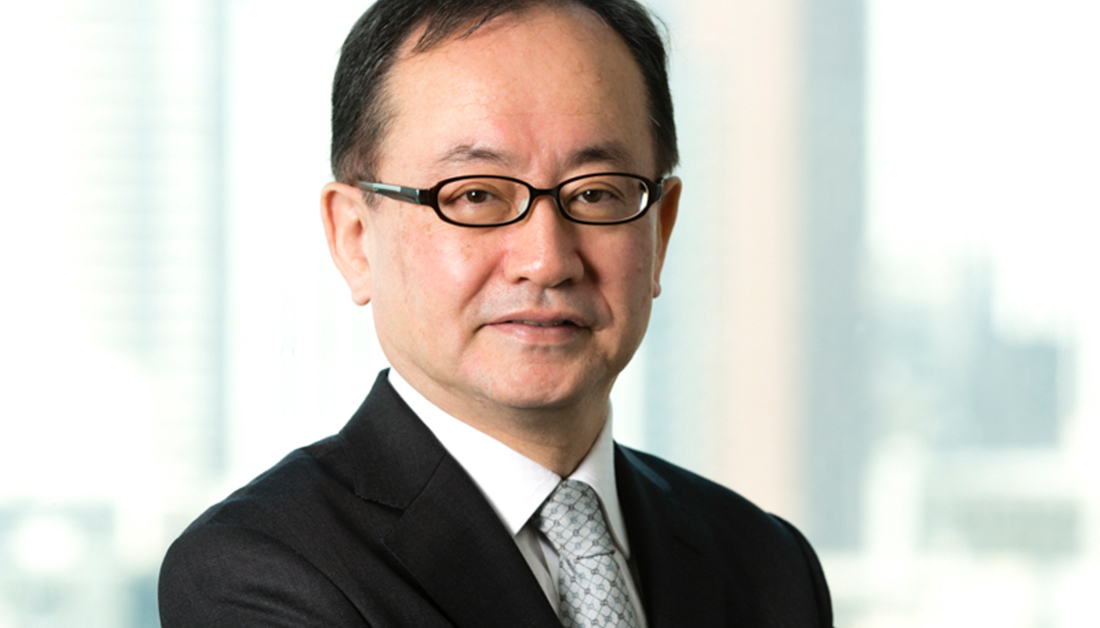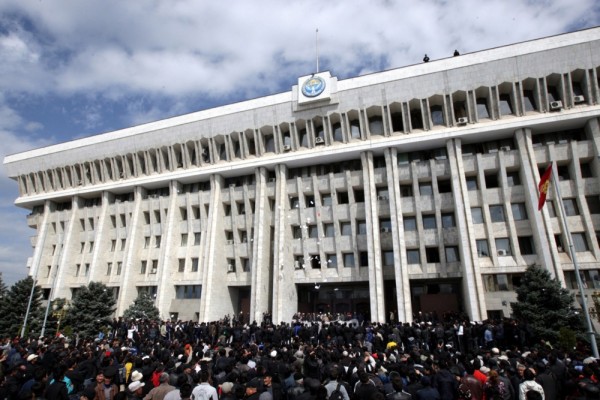This interview is part of IPI’s series profiling our 10 new Executive Board members.
What does the future of independent journalism in Japan look like? IPI talked recently with Hiroki Sugita, a columnist and associate executive director at Kyodo News in Japan, to learn more. Sugita was recently elected as a member of IPI’s Executive Board at the 2021 IPI World Congress in Vienna last month.
Hiroki said that journalists in Japan are slow to catch up with the latest developments in new fields of news and reporting. “We are good at researching and explaining conventional stories, such as politics, economy, international affairs. But our readers are so keen to learn about other subjects, for example science and technology, Covid-19 and global health, cultural news, manga, animation and so on.” The survival of Japanese journalism will need qualified reporters for those fields who produce good content, he suggested.
There’s reason to be optimistic, Hiroki said, pointing to a new crop of young, ambitious reporters. “They are more interested in covering stories (by) employing new methods, such as big data analysis. They are also active in building international networks to do impactful journalism like those at ICIJ, who have recently written explosive stories about the Pandora Papers.” This kind of achievement, built on a global network, can inspire many Japanese journalists to seek international connections for new and better content.
But there are storm clouds looming. For Hiroki, one of the biggest challenges journalism faces today is producing content that can appeal to broader audiences. Current readers and viewers have various and sometimes quite opposing perspectives on news stories, especially political and policy ones. The world of Japanese journalism is as divided as the general population, Hiroki said, and each section of the audience is getting smaller. He calls on the media to walk the line between retaining their appeal to audiences and remaining true to their integrity as journalists, basing journalistic work on robust facts and convincing rhetoric, and not falling prey to focussing on part of the audience alone.
Hiroki noted that journalism faces threats from many sides — sustainability is no longer the main challenge. Independent journalists are harassed and persecuted in many countries, and the situation is worsening year by year. For Hiroki, this is where IPI, with its reputation as a defender and promoter of the free press, and its global network reach can step in. “I think IPI can assist those journalists and play a role of global beacon for the freedom of press”, he said. “Though it may take time, I am hopeful we can reverse the trend.”
In his term on the IPI Executive Board, Hiroki would like to raise awareness among Japanese journalists about the threats to press freedom in other countries. “I would like to fill the gap by informing Japanese journalists of the worsening situation of journalism and courageous fights of colleagues all over the world. I honestly wish to suggest that Japanese journalists build and participate in international networks to find new reporting skills, and promote and defend the free press.”



